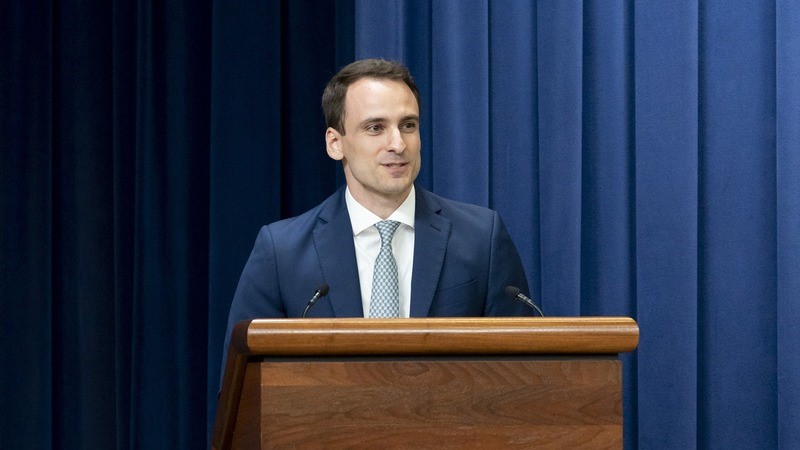
White House Office of Science and Technology Policy (OSTP) Director Michael Kratsios told lawmakers on Wednesday that building and exporting the artificial intelligence technology stack is the most important part of the Trump administration’s AI Action Plan released this summer.
Specifically, that technology stack is critical to ensuring that the United States leads the world by setting global standards, Kratsios explained during a Senate Commerce Subcommittee on Science, Manufacturing, and Competitiveness hearing.
“We’re in a moment now where – unlike that time – we do actually have competitive technology,” said Kratsios. “We have the best chips, we have the best models, we have the best applications. And it’s incumbent on the U.S. government to help promote these technologies broadly, so that when the [People’s Republic of China] has the capacity to actually have full chips themselves, [U.S. chips are] already there and already around the world.”
The Trump administration’s technology stack includes five components that the administration said it plans to promote and export abroad, including: AI-related hardware, data pipelines and labeling systems, AI models themselves, cybersecurity protections, and AI software applications – or as Kratsios put it, “the chips, the algorithms, and then the applications themselves.”
The OSTP director said that his vision for that stack is that it can serve multifunctional roles for governments, from health care to tax processing.
But those use cases first need to be developed “as part of a larger cohesive stack,” Kratsios noted, saying that OSTP is working with the Commerce Department to develop more details around what the federal government is looking for, with plans to later “bring together folks from the entire technology community to work on it.”
That specifically means “working hand in glove” with the private sector, he said, to help industry with business development and outreach around the world to export that stack.
Kratsios’s vision of what that could look like would include building a trusted network of other non-American technology companies within target customer countries that would build an export program in “a way that is modular.”
Not exporting the technology stack around the world could mean that global standards operate on adversarial chips and models.
“I think it’s a special moment, because there hasn’t actually been a standard has been set … so we’re primed right now to be able to be the solution for so many of our partners and allies around the world,” said Kratsios.
